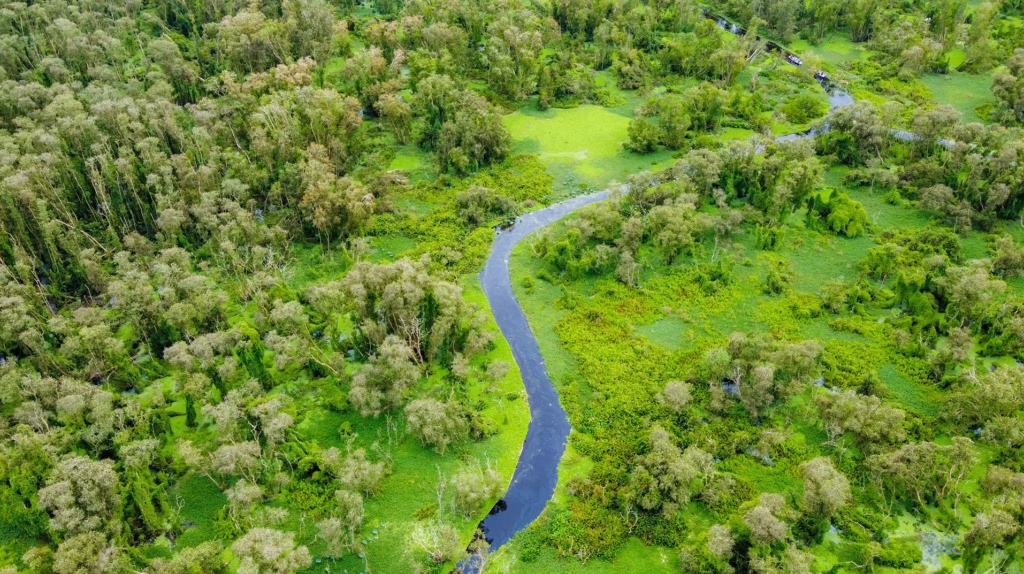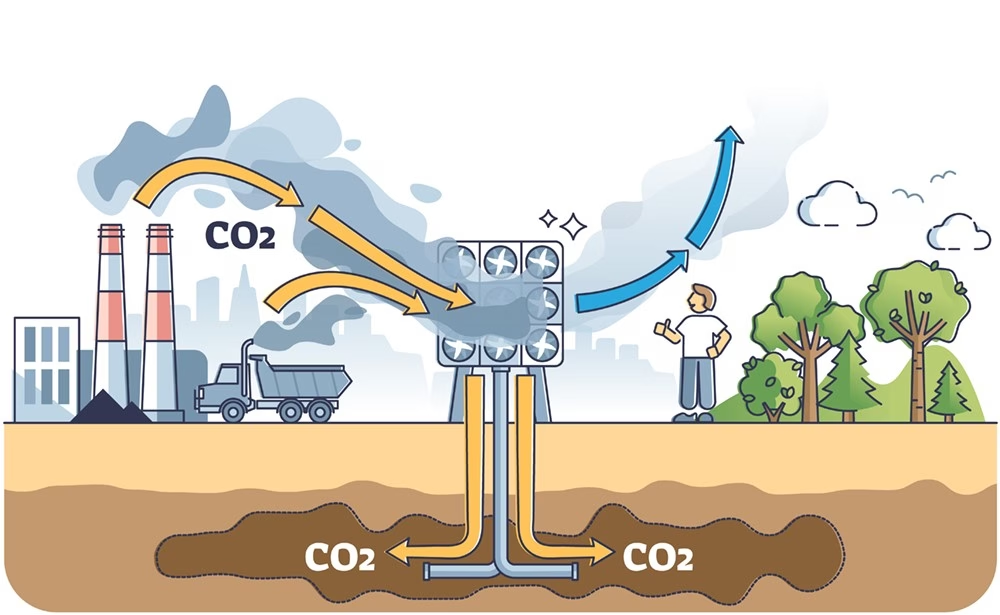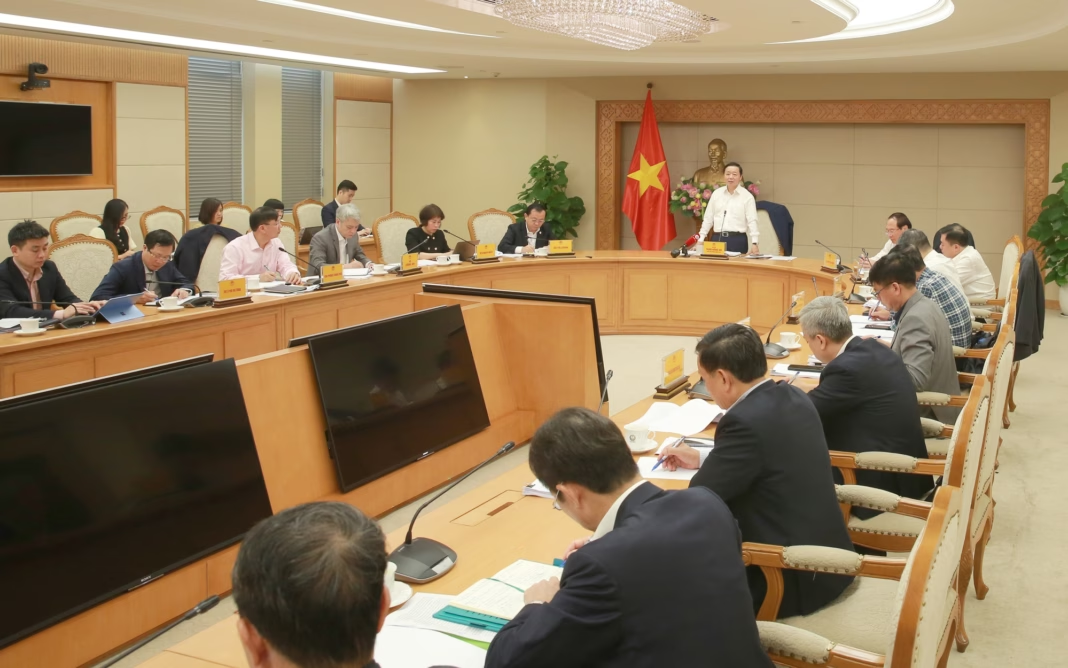Vietnam currently does not have a mandatory carbon credit market. As a result, the transfer of emission reduction results is conducted through bilateral agreements under the voluntary market framework.

The Global Carbon Market: Origins and Mechanisms
The concept of the carbon market stems from the Kyoto Protocol of the United Nations Framework Convention on Climate Change, adopted in 1997. Under this framework, countries with surplus emission allowances can trade with those that exceed their emission targets. This trading led to the emergence of a new commodity: certificates representing reduced or sequestered greenhouse gas emissions. Since carbon dioxide serves as the universal equivalent for greenhouse gases, these transactions are commonly known as carbon trading, forming the carbon credit market.
Globally, the carbon market operates through two main mechanisms:
- Voluntary International Carbon Market
This market is designed for voluntary trading of carbon credits by organizations and companies to meet corporate social responsibility goals, enhance public image, and supplement the domestic carbon credit market. Transactions are based on bilateral or multilateral agreements, with prices determined by supply and demand.Carbon prices on the voluntary market range from $2 to $4 per ton. In Asia, average prices for 2019, 2020, and 2021 were $1.8, $1.6, and $3.09 per ton, respectively. The current average price has decreased to $1.07 per ton. - Domestic (Mandatory) Carbon Market
These markets are established and regulated by governments to fulfill national emission reduction commitments. Organizations and companies are assigned emission quotas; exceeding these quotas requires them to pay taxes or purchase additional allowances or carbon credits. Prices are determined by national policies.Globally, nearly 30 countries and territories have implemented carbon taxes, ranging from $1 to $137 per ton.
Vietnam’s Roadmap to Carbon Market Development
On January 7, 2022, the Vietnamese Government issued Decree 06/2022/NĐ-CP, outlining regulations for reducing greenhouse gas emissions and protecting the ozone layer. The decree specifies a roadmap and timeline for the domestic carbon market’s development:
- 2025: Pilot operation of a carbon credit trading platform.
- By 2027: Establish regulations for carbon credit management, trade, and offset mechanisms. Develop operational frameworks for the trading platform, and conduct pilot carbon trading and offset mechanisms in key sectors.
- From 2028: Launch an official carbon credit trading platform and integrate domestic trading with regional and global markets.
Forest Carbon Credit Transfer Agreements in Vietnam
Currently, Vietnam’s forest carbon credit transactions are limited to voluntary agreements. The Ministry of Agriculture and Rural Development (MARD) has initiated two major agreements for transferring emission reduction results:
- North Central ERPA Agreement
Signed on October 22, 2020, between MARD and the World Bank (on behalf of the Forest Carbon Partnership Facility – FCPF), this agreement transfers 10.3 million tons of CO₂ from the North Central region for $5 per ton, totaling $51.5 million.- 95% of the transfer results contribute to Vietnam’s Nationally Determined Contributions (NDCs).
- For Phase 1 (2018–2019), the region achieved a reduction of 16.21 million tons. Vietnam transferred 10.3 million tons and received $51.5 million. An additional 1 million tons were purchased by the World Bank, with 4.91 million tons remaining for future negotiations.
- South Central and Central Highlands ERPA Agreement
Signed on October 31, 2021, during COP26, this agreement transfers 5.15 million tons of CO₂ reductions from 2022–2026 to LEAF/Emergent at a minimum price of $10 per ton, totaling $51.5 million.- Registered forest areas cover 4.26 million hectares, including 3.24 million hectares of natural forests and 1.02 million hectares of plantation forests.
- MARD is finalizing technical negotiations with Emergent and preparing proposals for approval by the Prime Minister.
Vision for the Future
MARD plans to officially launch Vietnam’s carbon credit trading platform by 2028, establishing connections between domestic, regional, and global carbon markets. This step aims to maximize national benefits and mobilize resources for forest protection and development while aligning with international commitments on climate change.







